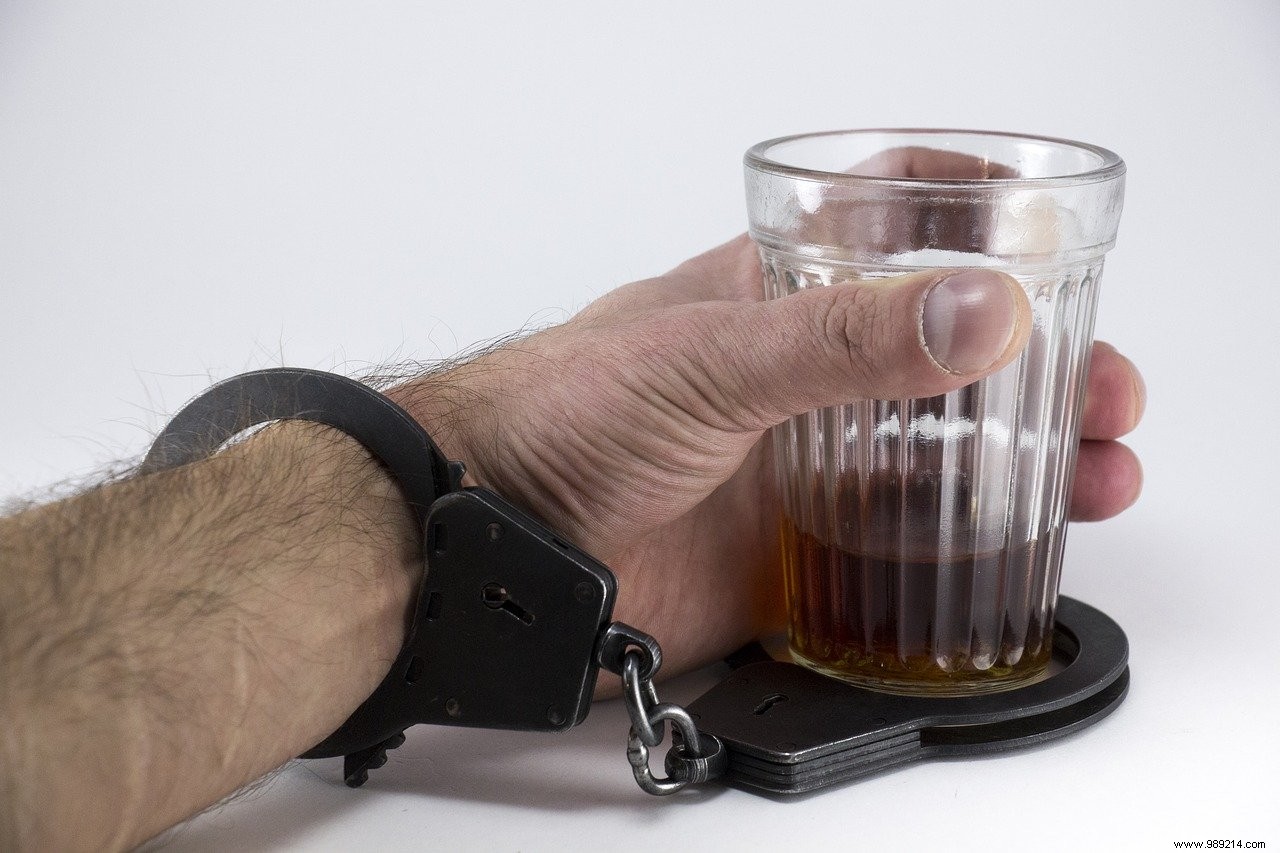A phase 1 clinical trial conducted by researchers at Virginia Commonwealth University (USA) reveals that transplants of certain intestinal bacteria may relieve digestive disorders. addiction, including alcoholism.
The idea that fecal microbial transplants (FMT) can improve human health is not new. Nevertheless, interest in these transplants has increased in recent years as we become aware of the importance of the intestinal microbiome for our organism.
Recently, researchers began a clinical trial aimed at restoring, through stool transplants, the microbial composition contained in the intestines of patients with colorectal cancer. As part of this ongoing work, the researchers focused on one microbe in particular – Fusobacterium nucleatum . The latter seems to be more prevalent in the tissues of cancer patients than in healthy people.
That said, a team from Virginia Commonwealth University (USA) focused on the relationship between the gut microbiome and addiction. Specifically, the authors investigated whether or not an FMT could influence drinking behavior in subjects with severe alcoholism.
Previous animal studies have indicated that FMT can actually improve alcohol-induced negative behaviors. This new research, on the other hand, is the first robust placebo-controlled trial in humans. Details of this work are published in the journal Hepatology.

For this trial, researchers recruited 20 subjects in their mid-60s with alcohol use disorder. All were male, and suffered from alcohol-related cirrhosis of the liver. Of this sample, half received a placebo, while the other benefited from a stool transplant loaded with Lachnospiraceae and Ruminococcaceae . These two types of intestinal bacteria are indeed observed at low levels in patients suffering from alcoholism.
The researchers then evaluated several physiological and behavioral factors in each of the subjects at fifteen days and six months.
Result:Nine out of ten patients who received the bacterial transplant had reduced cravings for alcohol (and even smoking) after two weeks. And, as a result, everyone drank less alcohol. Conversely, only three of the ten placebo subjects showed similar levels of improvement.
Again, this is only a preliminary study . The researchers therefore insist that no conclusions can, at this stage, be drawn. In a phase I trial, the main goal is to make sure the treatment is safe for the subjects. Which is the case here.
“We conclude in this phase 1 trial that FMT in men with cirrhosis is safe . We also highlight that it is associated with reduced cravings and short-term alcohol consumption, with beneficial microbial change" , write the authors. “This preliminary research could be a ray of hope for people with addiction-related illnesses" .